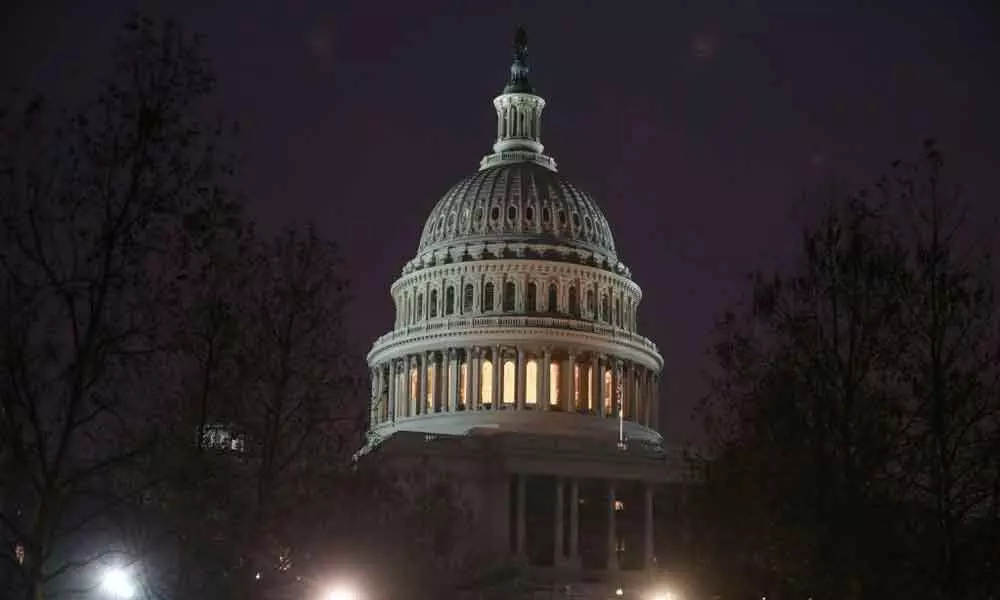US Covid relief bill welcome, but not enough
Joe Biden’s administration needs to come forward with another package next year
image for illustrative purpose

The pandemic relief bill passed by Congress on Monday night will provide vital support for the economy and for millions of Americans struggling to cope with the current public-health emergency. At several points in recent weeks, following months of needless delay, lawmakers seemed ready to settle for doing nothing at all. In view of the stress that many households are under, that would've been unconscionable. Certainly, this long-overdue agreement is welcome.
That said, it's only a stopgap. As quickly as possible next year, Congress and President-elect Joe Biden's administration will need to come forward with another package - ideally one that remedies the defects of the current deal.
The $900 billion plan was initially put together by a bipartisan group of senators, acting at the last moment before Congress begins its year-end break. It provides new one-off payments of $600 for Americans making up to $75,000 a year ($150,000 for married couples). It boosts unemployment assistance by $300 a week until mid-March and extends the eligibility period for qualifying applicants. Related programs for gig workers and the long-term unemployed will stay in place for the time being. Nearly $300 billion will be spent on forgivable loans for small businesses. There'll be more aid for schools, vaccine distribution, testing and tracing, transportation, and other needs.
The plan's biggest defect is that it fails to provide the additional help for state and local governments that Democrats have long sought. State and local budgets are under enormous pressure, thanks to heavy pandemic-related costs and the squeeze on tax revenue due to falling incomes. In addition, these levels of government can't cope by themselves: They face much stricter budget restraints than Washington does. Republican resistance to such help seems grounded less in fiscal responsibility than in the view that the aid would go mostly to places that have elected Democrats. This is indefensible.
However, the belated compromise does seem to have avoided another serious error. Negotiations came close to stalling over an effort to curb the Federal Reserve's emergency lending powers. The deal lets some existing and unused Treasury support for the Fed's special operations expire as initially proposed, but it no longer stops the Fed from establishing similar new facilities in the future. Admittedly, the terms aren't entirely clear, and Democrats and Republicans have differing interpretations of what the bill means. This disagreement casts some doubt on the future boundaries of the Fed's authority.
It bears noting that, judged as legislative process, the bill is a mess - and not just because of all the delays. In its final form, it is bundled with a bigger government-funding measure and a bushel of other add-ons, dealing with tax, energy and national-security matters, to name but a few. The text released by the House runs to more 5,000 pages, and this monstrous document appeared just hours before the intended vote. From start to finish, this effort has followed every rubric of how not to run a government.
"All's well that ends well" would be the wrong verdict, so far as the Covid relief measures are concerned. Democrats in Congress were right throughout to insist that a much bigger plan was needed, and that it should include generous help for states and cities. Muddying the waters on the Fed's emergency programs is unhelpful. And the protracted delay in striking a workable compromise - caused, it must be said, by intransigence on both sides - has done real and lasting damage. The pace of the recovery has slackened markedly since November, and that's partly down to the failure to act until the last minute.
The deal is a lot better than nothing. It will do for now. But Congress really ought to conduct its affairs with some small semblance of competence - and at the earliest opportunity, the Biden administration needs to look afresh at further relief measures. (Bloomberg)

